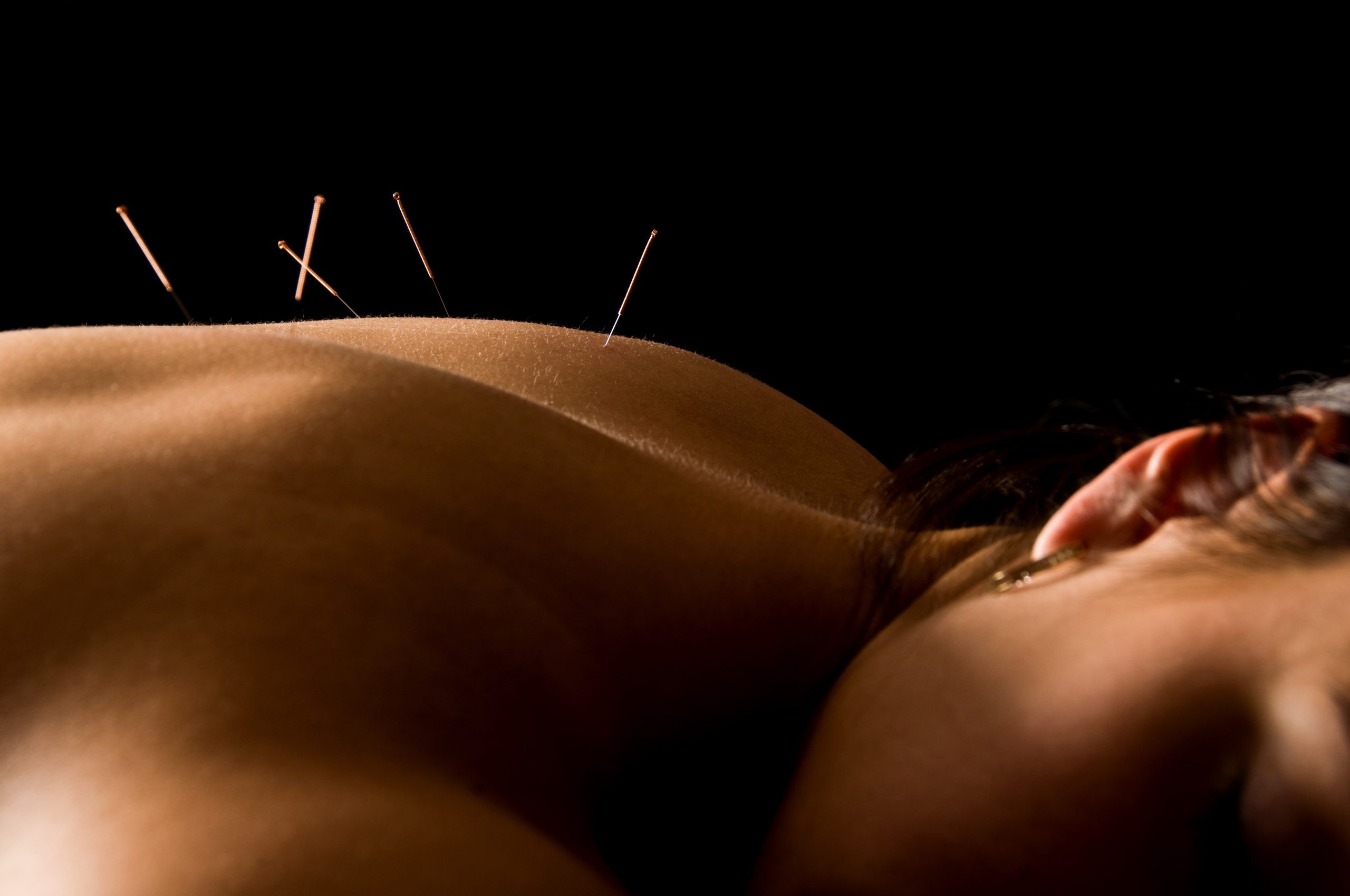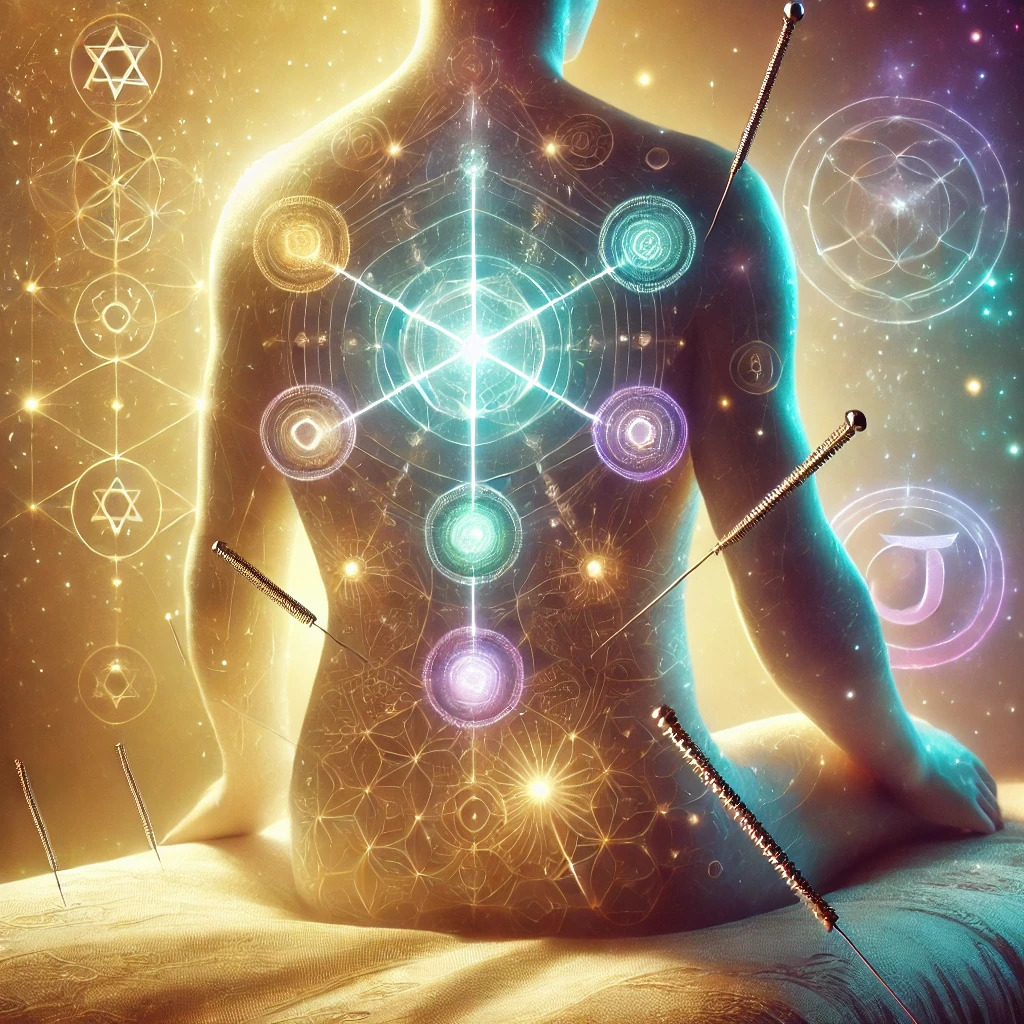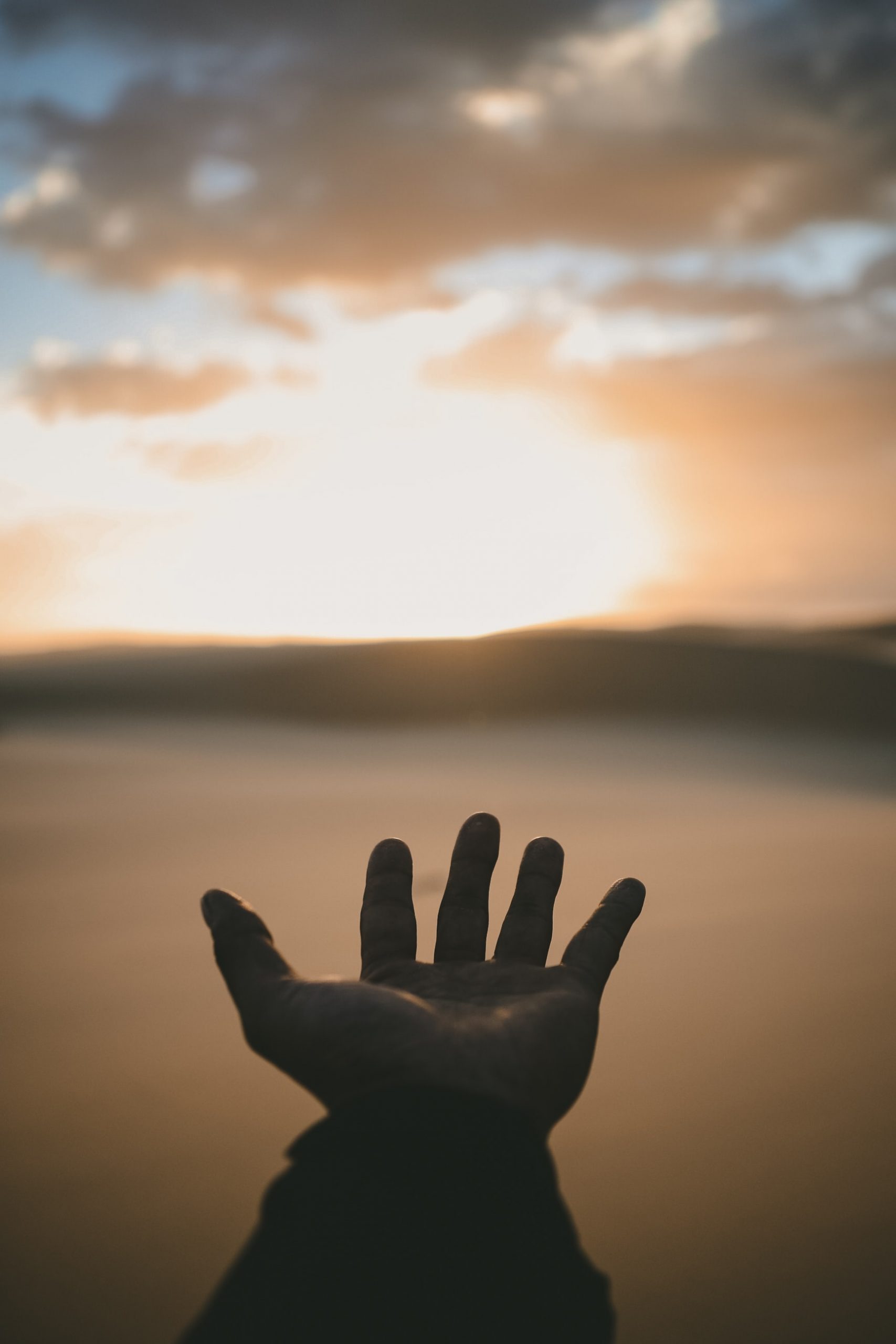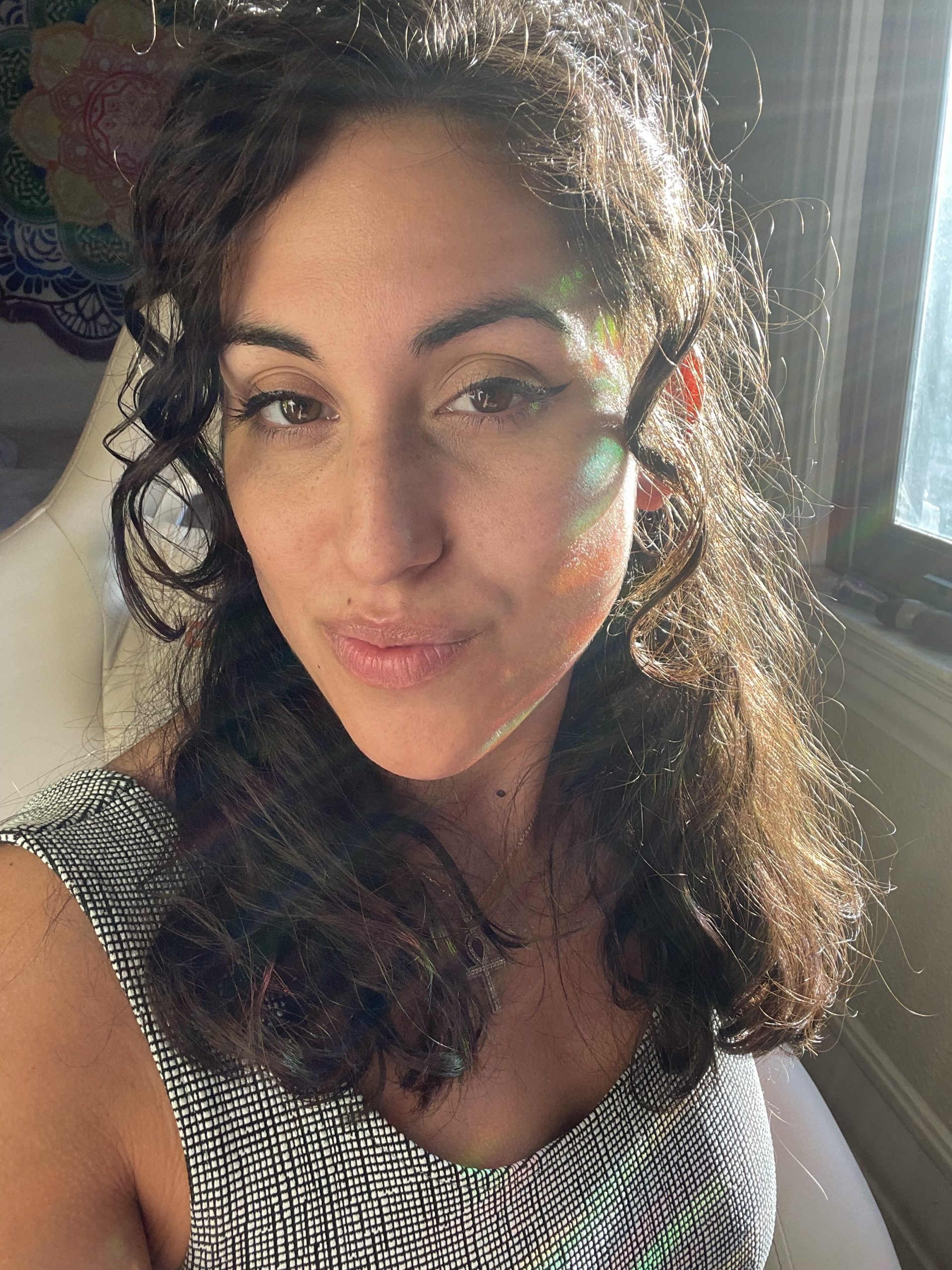What to Expect with Your First Acupuncture Treatment
Whether you’re brand new, or returning after a long break, knowing what to expect for your first acupuncture treatment can calm the nerves and maximize treatment efficacy. 😊
It’s all too easy for an acupuncturist to forget how unusual this modality is to the everday person! This article will clear up any questions about what to expect.
While your acupuncturist will provide conditions to place you in a healing state, it’s up to you to take the appropriate steps outside of the treatment room to get the most benefit.
This article is best read in full before your first appointment and then again after your first appointment. If you have any further questions or concerns, please reach out to your practitioner for support.

In this post, you’ll learn how to prepare and aftercare for your first acupuncture session. We’ll also answer common questions about what it’s like to experience acupuncture for the first time.
AUDIO: What to Expect with Your First Acupuncture Treatment
Preparing for Your First Acupuncture Treatment
Before you arrive at your first acupuncture treatment, please be sure to do the following:
1. Set Your Intention
Reflect on why you’re seeking acupuncture. Clarifying your goal helps align your mind and body for healing. Write down any symptoms or health concerns to discuss with your acupuncturist.
2. Eat a Light Meal or Snack
Have a light meal or snack about 1 hour before you arrive to give us some energetic fuel to work with during the session. If your stomach is empty beforehand, you may experience some light dizziness after the session.
3. Hydrate
Drink water throughout the day to support your body’s energy flow.
4. Dress Appropriately
Wear loose clothing that exposes your elbows and knees, as many acupuncture points are located there. Socks and shoes are removed, so you may prefer to wear easy to remove shoes.
5. Avoid Caffeine, Alcohol & Marijuana
Minimize caffeine and do not drink alcohol or smoke marijuana before your session. These substances may render your treatment less effective or ineffective, depending on your unique body chemistry.

What to Expect During Your Acupuncture Session
Acupuncture is most like taking an adult nap. It can also feel like a meditation session.
First we have a discussion about our intentions for the day, then, after placing the needles, you lay to rest for for 20-minutes under an infrared heat lamp.
As the needles are in, the body is kept still. Acupuncture releases a cascade of neurotransmitters which encourage the brain and body to do a relaxing reset. Most people do fall asleep during treatment.
After the treatment, we’ll make a plan for what we’ll do on your next session.
Does Acupuncture hurt?
At most you may experience a bug bite like sensation as the needles are placed. After that, you may not feel the needles at all. We encourage you to not move your muscles when the needles are in, as that may cause some discomfort.
It’s normal to experience heaviness/achiness at the insertion site or energy moving throughout the body during the treatment. Afterward, you may experience some residual soreness in your muscles, similar to the after-effect of a massage or a workout.
Some people experience visuals and entering into a dream-like state. Others have an emotional release, such as crying during treatment.
The experience of receiving acupuncture differs greatly between individuals based on their preferences for types of sensation.
Acupuncture Aftercare
After you leave the clinic, be mindful to do the following:
1. Rest and Relax
Avoid vigorous exercise or activities that stimulate the nervous system. Gentle movement like walking is fine. If you are going to work out, make it short, light, or relaxed to not excite the nervous system. The goal is to keep your body relaxed to maximize the treatment’s effects.
2. Hydrate
Drink plenty of water after your session to support the healing process.
3. Notice Your Body & Start a Health Journal
Pay close attention to any changes in your sleep, digestion, stress, or pain levels. Begin tracking symptoms, their duration, and frequency to notice how acupuncture is shifting your energy. Keep a journal of your symptoms, and don’t hesitate to reach out to your acupuncturist with any questions or concerns along the way.
4. Eat Healthy
Support your healing with nourishing foods. Avoid overly processed or heavy meals.
5. Follow-Up
Acupuncture is cumulative, so keeping on track with your care plan is important. Pre-book your appointments in advance to ensure the consistency needed to achieve your goal.
What is Normal to Feel After Acupuncture?
After an acupuncture session, it’s completely normal to feel a range of sensations as your body begins to process the treatment. Many people report feeling deeply relaxed, calm, or even slightly “floaty,” “high,” or euphoric. Others may experience mild fatigue, lightheadedness, or muscle soreness, similar to the feeling after a deep massage or a workout. You may need a drink of water or take a few minutes before you feel ready to drive. These sensations are your body’s natural response to the release of energy and the resetting of your nervous system.
Whatever your experience, it’s important to report back to your acupuncturist so they can assess and document your response to the treatment. It’s not always expected that the greatest rest will be achieved on the first treatment because your body is still getting used to entering the “rest and digest” mode which is optimal for healing.
As clients continue with multiple treatments, many notice that it becomes easier to enter into that restful state more quickly and that their symptom relief time will last longer.

Increasing Body Consciousness Improves Healing
The beauty of acupuncture is that it helps you reconnect with your body, enhancing your awareness of how it feels and responds to stimuli. This increased body awareness is a crucial part of the healing process.
When you can notice subtle shifts in your energy, mood, sleep, digestion, or even your pain levels, you become more attuned to what your body needs. This awareness allows you to actively participate in your healing journey, making you more conscious of the changes brought by each session.
After your first session, it’s important to remember that healing is rarely instantaneous. Some individuals may experience immediate and dramatic improvements, while for others, the benefits may unfold gradually over time.
Healing is a process, and how quickly you experience results can depend on various factors such as the nature of your condition, your lifestyle, and how well your brain and body are communicating.
Be gentle with yourself during this time. Healing is as much about patience and consistency as it is about the treatments themselves.
Remember that acupuncture is cumulative, so regular sessions are key to achieving lasting change. Staying committed to your acupuncture care plan and being mindful of your body’s responses are the best ways to support your healing process.
Embrace the journey, be patient, and trust the process!
Schedule an consult today to find out how we can help you!
“The beauty of acupuncture is that it helps you reconnect with your body, enhancing your awareness of how it feels and responds to stimuli. This increased body awareness is a crucial part of the healing process.”
– Dr. Nicolette Natrin, Founder of Om Kinetics
About the Author
Dr. Nicolette Natrin
Hi! I’m a holistic doctor, master herbalist, and acupuncturist.
I help individuals solve health problems and optimize their bodies for the long-term.
Find out how I can help you by booking your first appointment!
Questions? Comments? Contact me directly for the best response.

